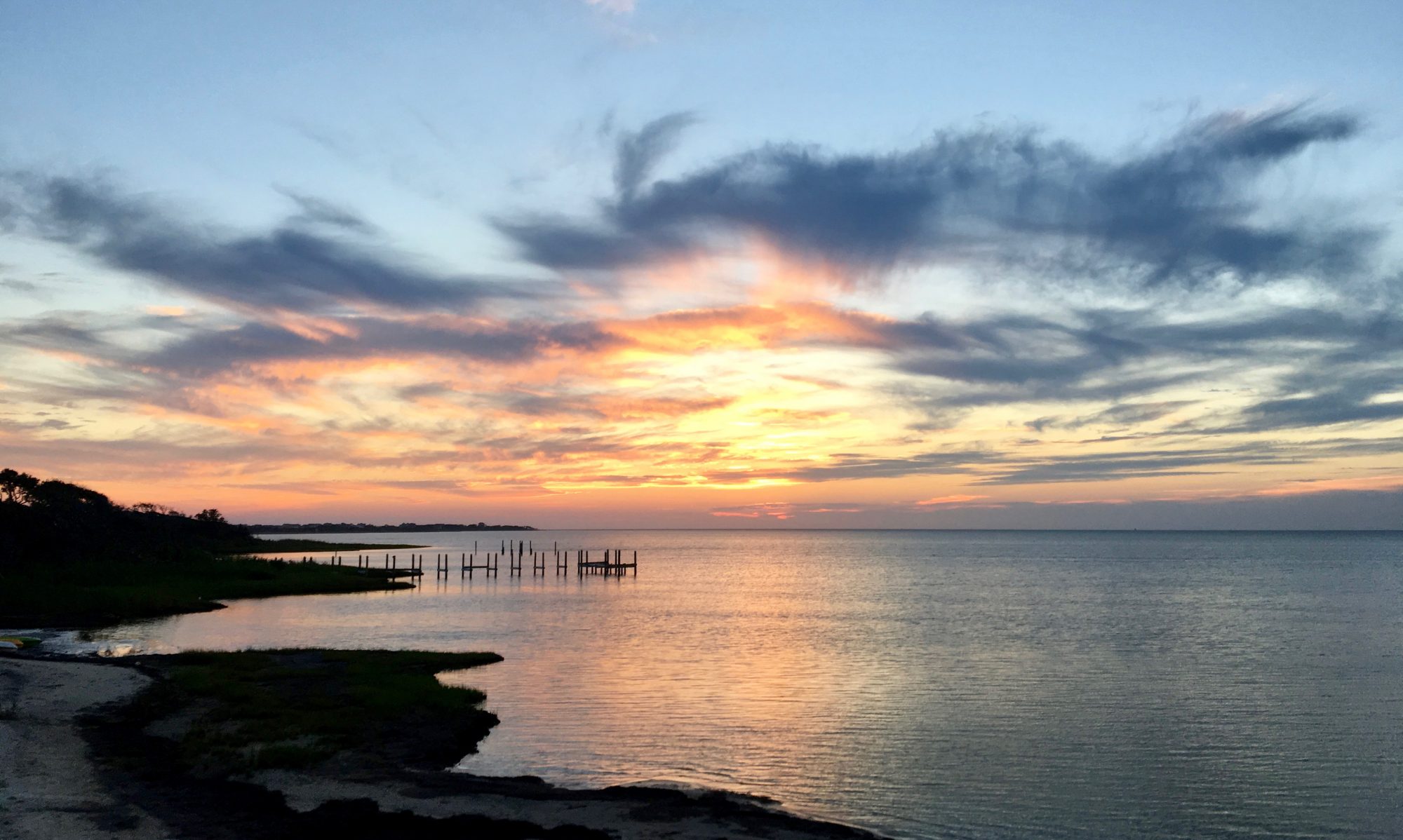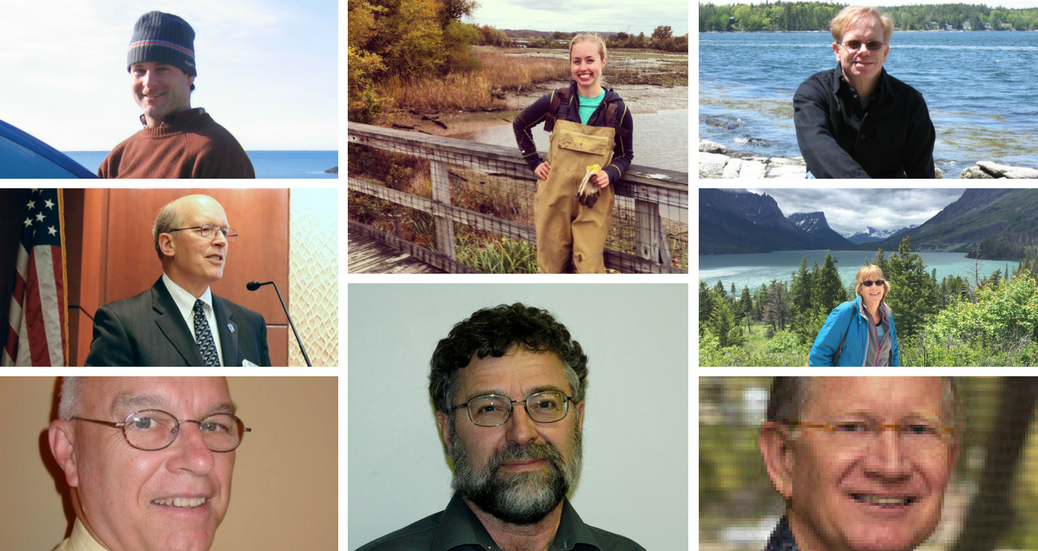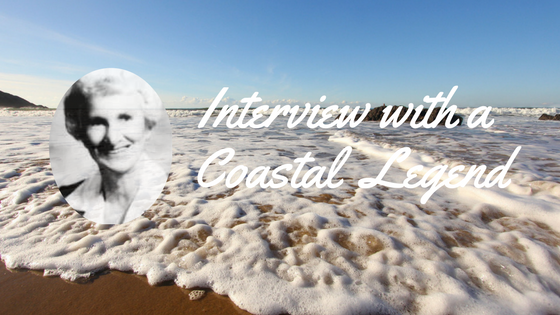By Kasey R. Jacobs, TCS Communications Chair
With the same enthusiasm as a mantis shrimp going for a human’s finger, a large group of TCS members click on the Renew Your Membership icon as soon as they get the reminder email in December.
I caught up with the first members to renew for 2018.
These eight coastal champions shared their reasons for renewing, what their hopes are for TCS and their careers in 2018, and, most importantly, what they hope for our coastlines in 2018.
TCS spans disciplines and crosses boundaries like no other professional association. This is what Louisiana Sea Grant Scholar Don Davis told me. The mix of disciplines represented within TCS is evidenced by the first eight members to renew for 2018.

Because there are many policymakers who are TCS members, Don believes the translator-like interpretation needed between scientists and policymakers is eased. Policymakers in TCS help bring scientists successfully into the policy realm and scientists help policymakers navigate coastal jargon and options.
Many TCS members wear multiple hats of scientist and policymaker and everything in between, above, and beneath…
Or teach multiple disciplines, like Lawrence B. Cahoon, 2017 Distinguished Teaching Professor in Biology and Marine Biology for University of North Carolina Wilmington.

Larry hopes that in 2018 the public awareness of coastal management issues (resource and energy development, coastal storm mitigation, sea level rise, and economic transitions) “continues to rise and finds expression in wise policy decisions”. His own goal for this year is to continue to make useful contributions to the science underpinning policy decisions.
Coastal advocates in TCS might agree with Pete Stauffer, Environmental Director for the Surfrider Foundation, in his hopes that “we can empower coastal communities and the public to have a stronger voice in the management decisions that affect our coastlines.”

Pete stressed, “It’s never been more important for coastal professionals to network and support each other.”
When Pete told me that TCS has played an important role in his development as a coastal advocate, I was greatly encouraged. I am a former grassroots advocate who misses mobilizing communities. It makes me feel secure that I have TCS to help make transitions to different areas of coastal management if I desire.
Pushing the envelope are coastal scientists conducting applied research. They can help decision makers adopt protocols and standards that bring in the future. Stephen Dickson, a marine geologist at the Maine Geological Survey, has played a pivotal role in forward thinking hazard mitigation strategies.

His recent work includes mitigating coastal bluff erosion with nature-based approaches that mimic and maintain coastal ecosystems as sea level rises.
Steve told me that 2017 was “a banner year for geohazards and coastal disasters with extreme costs around the world. Lives were lost, structures demolished, and coastal ecosystems destroyed.”
Steve would like to see TCS members collectively continue to advocate and teach ways for sustainable coastal development and post-storm recovery with integrated science, economics, and public policy.
But the top eight members to renew are not just domestically-focused.

Kem Lowry, Emeritus Professor of Urban and Regional Planning with the University of Hawaii, has had the good fortune to be involved in coastal planning and research activities in Sri Lanka, Thailand, Indonesia, and the Philippines for about forty years. His primary focus now is climate change adaptation. The last three years Kem has worked with colleagues throughout the Asia-Pacific region delivering week-long training courses on urban climate change adaptation.
In the U.S. Kem is developing a coastal retreat strategy for Hawaii with a team. He told me that in these and other areas of work he has been informed and inspired by the work of colleagues in TCS.
Another climate adaptation specialist in the top eight is Lisa Graichen, Climate Adaptation Program Coordinator for UNH Cooperative Extension and New Hampshire Sea Grant.

When asked why she eagerly renewed she said, “TCS has given me the opportunity to connect with coastal management professionals around the country and hone my communications skills by participating in the Communications Subcommittee”.
Personally, I have been very impressed by Lisa’s well-researched articles and interviews. Her writing is engaging for non-scientists and read and shared widely by members and non-members alike. Lisa has astutely used her volunteer time with TCS to strategically grow professionally and she is a great model for all our members hoping to do the same.
Lisa is hoping 2018 will be a year that “we can learn from last year’s incredibly impactful hurricane season and make progress in our preparedness and response”. She thinks “we can elevate the climate conversation so that rebuilding decisions are smart, forward-thinking, and equitable.”

With his eye always on the professional development of TCS members, Tom Bigford, Past TCS President and retired from NOAA and the American Fisheries Society, hopes TCS can increase member participation in 2018 so our society can continue and even expand efforts to mentor the next generation of coastal professionals.
Writing earnestly, Tom revealed, “TCS provided just that type of assistance when I transitioned from grad school to professional life. I started in the natural sciences (I was a crab ecologist!) so TCS offered the extension I needed as I sought a more interdisciplinary career. TCS is the sole reason I had a very rewarding 43-year career. Now in retirement I plan to remain involved any way I can.”
Ellen Gordon, a freelance writer and editor (mostly retired), has been a TCS member since her graduate school days when she found the Society a great help “meeting all sorts of folks already in coastal careers”.

She promptly renewed her TCS membership because she values the connections made, and wants to help support the Society’s continued work fostering dialogue and communications in the coastal area. Ellen was the last editor of the TCS Bulletin (now the TCS Blog) and is excited by the advances in social media TCS has made. “Really love those Twitter posts!”, she exclaimed.
A treasure trove of knowledge and experience is available to all TCS members—Charter members who created TCS in the 1970s. Don Davis stressed this to me in that he has found we learn through reading, experience (including in laboratories), and talking to people. The talking to people being most critical.
While Don believes that our job listings “in itself is worth the price of being a member,” the biggest value TCS brings is being a bridge for those seasoned coastal professionals and those starting out.
In talking to Don, a geologist and cultural geographer, I could find he has a big heart for the people his work serves. Coastal peoples. Professionals and coastal communities. I could tell his desire for better connections among coastal peoples is a decades long desire.
Don has close ties with Acadians, a U.S. cultural group that is perhaps the last generation not to live more than 30 miles from home. Don implores us to include the cultures of coastal peoples in addressing planned retreat. “Resiliency is tattooed to their soul.”
Don wraps up the sentiments of the eight members to renew for 2018 best: “TCS weaves the tapestry of all these things together. I don’t know your age or background. Do I like TCS? Yes ma’am! I do.”
I am renewing this month because I would hate to lose touch with these coastal champions, and with you. Keep the U.S. coastal network strong. Please renew your membership or join today.




